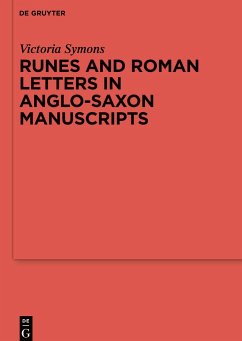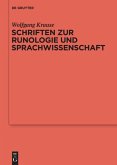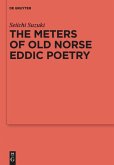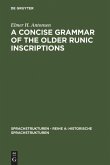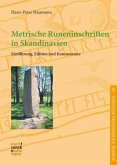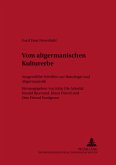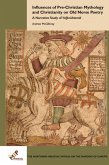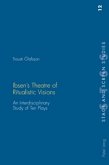This book presents the first comprehensive study of Anglo-Saxon manuscript texts containing runic letters. To date there has been no comprehensive study of these works in a single volume, although the need for such an examination has long been recognized. This is in spite of a growing academic interest in the mise-en-page of early medieval manuscripts. The texts discussed in this study include Old English riddles and elegies, the Cynewulfian poems, charms, Solomon and Saturn I, and the Old English Rune Poem. The focus of the discussion is on the literary analysis of these texts in their palaeographic and runological contexts. Anglo-Saxon authors and scribes did not, of course, operate within a vacuum, and so these primary texts are considered alongside relevant epigraphic inscriptions, physical objects, and historical documents. Victoria Symons argues that all of these runic works are in various ways thematically focused on acts of writing, visual communication, and the nature of the written word. The conclusion that emerges over the course of the book is that, when encountered in the context of Anglo-Saxon manuscripts, runic letters consistently represent the written word in a way that Roman letters do not.
Bitte wählen Sie Ihr Anliegen aus.
Rechnungen
Retourenschein anfordern
Bestellstatus
Storno

